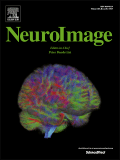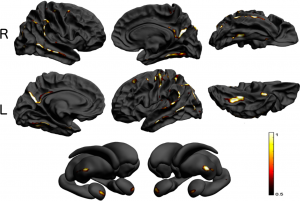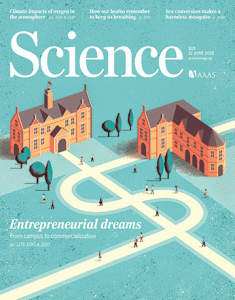Our paper with the title “Validation of non-REM sleep stage decoding from resting state fMRI using linear support vector machines” has been published in NeuroImage. The paper can freely accessed via this link until December 31st, 2015.
Abstract:
A growing body of literature suggests that changes in consciousness are reflected in specific connectivity patterns of the brain as obtained from resting state fMRI (rs-fMRI). As simultaneous electroencephalography (EEG) is often unavailable, decoding of potentially confounding sleep patterns from rs-fMRI itself might be useful and improve data interpretation. Linear support vector machine classifiers were trained on combined rs-fMRI/EEG recordings from 25 subjects to separate wakefulness (S0) from non-rapid eye movement (NREM) sleep stages 1 (S1), 2 (S2), slow wave sleep (SW) and all three sleep stages combined (SX). Classifier performance was quantified by a leave-one-subject-out cross-validation (LOSO-CV) and on an independent validation dataset comprising 19 subjects. Results demonstrated excellent performance with areas under the receiver operating characteristics curve (AUCs) close to 1.0 for the discrimination of sleep from wakefulness (S0|SX), S0|S1, S0|S2 and S0|SW, and good to excellent performance for the classification between sleep stages (S1|S2:~0.9; S1|SW:~1.0; S2|SW:~0.8). Application windows of fMRI data from about 70 s were found as minimum to provide reliable classifications. Discrimination patterns pointed to subcortical–cortical connectivity and within-occipital lobe reorganization of connectivity as strongest carriers of discriminative information. In conclusion, we report that functional connectivity analysis allows valid classification of NREM sleep stages.


